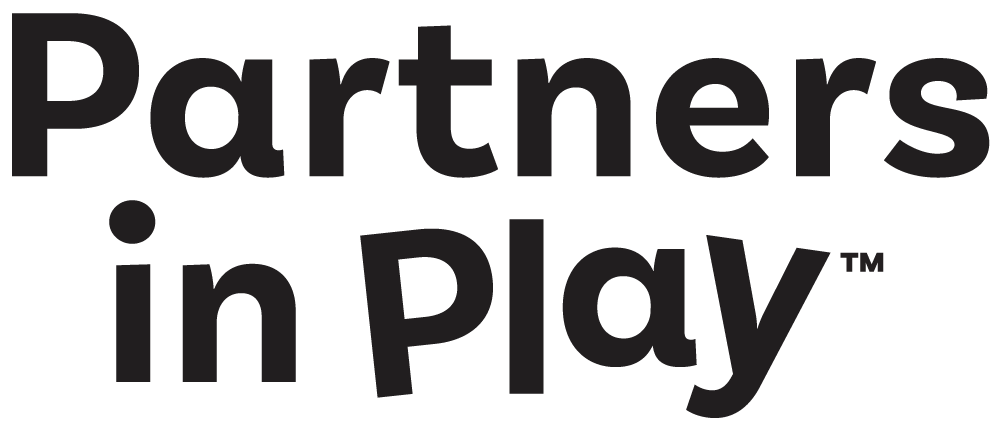A Day in HATCHPlay
1. Children engage in daily, open-ended play for extended time in their classroom and outdoors.
2. Children choose how they play, with whom they play, and for how long.
3. Materials provided are sustainable and designed to last in any classroom.
4. At the conclusion of each play session, children participate in a guided discussion about their play.
5. Children reflect through drawings and writing in dedicated play journals.
6. Educators create play stories to document the learning and growth displayed during the sessions. The play stories are shared with the children and other teachers in the cohort, creating a loop of inquiry and deepening future play experiences.
“Opportunities for deep and authentic play provide amazing opportunities for literacy learning — children are motivated to tell their stories, document their thinking, and engage in authentic reading and writing activities when it is connected to play. Have you seen a play restaurant come to life? Children become busy making menus and taking orders, engaging in dialogic turn taking and role play — these are all crucial foundations of literacy. Children use developmental spelling, develop genre knowledge, and hone their communication skills in ways that are rigorous, aligned to standards, and developmentally appropriate. The Partners in Play project shows us firsthand the power of honoring the child’s need for play while also supporting their literacy development. We must think of both literacy and play as essential to a child’s well-being.”
Dr. Sarah Scott Frank
Founder of OpenLiteracy












